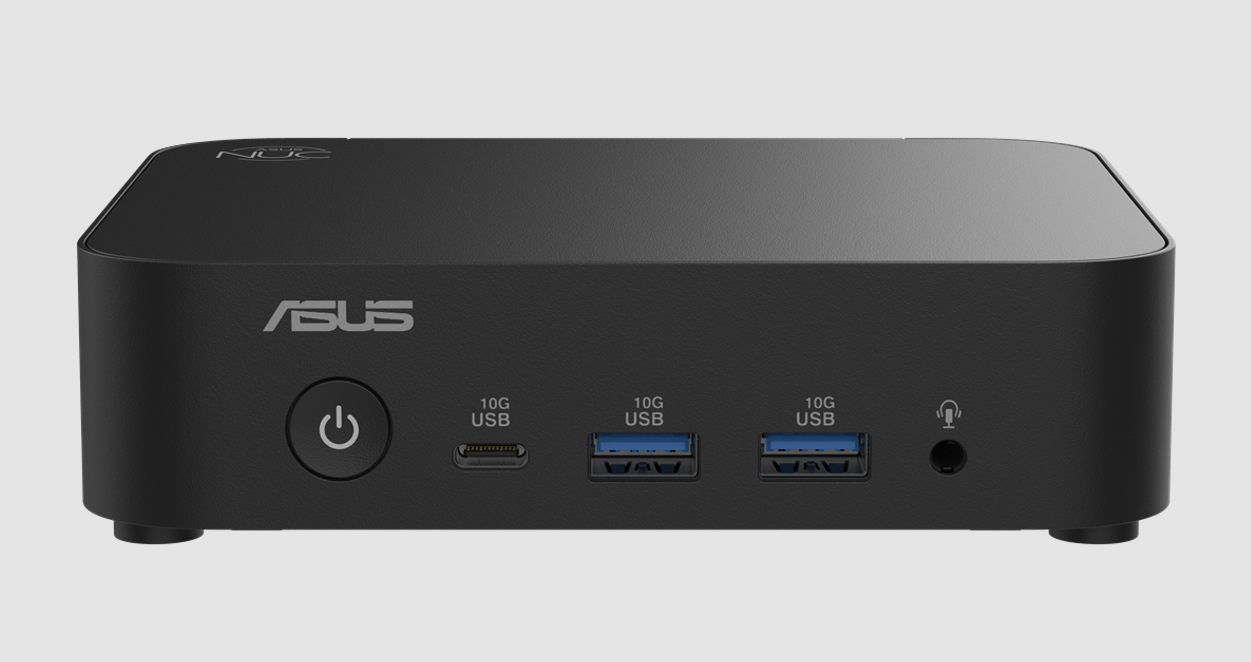Parallels is testing x86 emulation on Apple silicon Macs
Photo by Antonio G. Di Benedetto / The Verge Parallels has added support for x86 emulation in Parallels Desktop 20.2, product manager Mikhail Ushakov wrote in a blog post last week. The “early technology preview” will let you emulate Intel-based hardware on an M1-or-greater Mac, a first for Parallels since Apple’s Arm transition in 2020 — but don’t expect stellar performance. Parallels says users will be able to: Run existing x86_64 Windows 10, Windows 11*, Windows Server 2019/2022, and some Linux distributives with UEFI BIOS via Parallels Emulator. Create new Windows 10 21H2 and Windows Server 2022 virtual machines. Image: Parallels However, performance will be “really slow,” with up to seven-minute boot times, Ushakov says. Other limitations include no external USB device support, Windows 11 24H2 isn’t supported, and you can only emulate 64-bit operating systems, though Ushakov says you can run 32-bit apps. He writes that the option to start one of these VMs is hidden for now “to avoid false expectations” from those who don’t need x86 emulation. Parallels has a longer list of caveats in a separate article. Image: Parallels Parallels now puts Apple Intelligence Writing Tools in the Windows context menu. Version 20.2 brings some other changes, including support for automatic time and time zone syncing in macOS virtual machines on Apple silicon. It also adds Apple’s AI-powered Writing Tools to the Windows right-click menu in Word, Powerpoint, and the classic version of Outlook. Before, you had to use a keyboard shortcut or the macOS menu bar’s Edit menu.
/cdn.vox-cdn.com/uploads/chorus_asset/file/25718363/247372_MacBook_Pro_M4_ADiBenedetto_0002.jpg)

Parallels has added support for x86 emulation in Parallels Desktop 20.2, product manager Mikhail Ushakov wrote in a blog post last week. The “early technology preview” will let you emulate Intel-based hardware on an M1-or-greater Mac, a first for Parallels since Apple’s Arm transition in 2020 — but don’t expect stellar performance.
Parallels says users will be able to:
Run existing x86_64 Windows 10, Windows 11*, Windows Server 2019/2022, and some Linux distributives with UEFI BIOS via Parallels Emulator.
Create new Windows 10 21H2 and Windows Server 2022 virtual machines.
/cdn.vox-cdn.com/uploads/chorus_asset/file/25831508/image_1024x545.png) Image: Parallels
Image: Parallels
However, performance will be “really slow,” with up to seven-minute boot times, Ushakov says. Other limitations include no external USB device support, Windows 11 24H2 isn’t supported, and you can only emulate 64-bit operating systems, though Ushakov says you can run 32-bit apps.
He writes that the option to start one of these VMs is hidden for now “to avoid false expectations” from those who don’t need x86 emulation.
Parallels has a longer list of caveats in a separate article.
/cdn.vox-cdn.com/uploads/chorus_asset/file/25831510/image_1_1024x691.png) Image: Parallels
Image: Parallels
Version 20.2 brings some other changes, including support for automatic time and time zone syncing in macOS virtual machines on Apple silicon. It also adds Apple’s AI-powered Writing Tools to the Windows right-click menu in Word, Powerpoint, and the classic version of Outlook. Before, you had to use a keyboard shortcut or the macOS menu bar’s Edit menu.
What's Your Reaction?








































